For the longest time, the general rule of thumb handed down by Star Trek fans about the movies is that the even-numbered movies are the best while the odd-numbered movies are the worst. This is a maxim that you can challenge on numerous levels but the most noticeable flaw in its logic is that it leaves a number of underrated movies lumped in with the lowest points of the franchise and, considering how long Star Trek has survived as a movie franchise, it begs the question 'are they really all as bad as people say they are?'
One of the most commonly defended of the odd-numbered movies is the third installment of the movie franchise, The Search for Spock, which continued the story after the high of Wrath of Khan. Let's look at the movie's best and worst qualities to see if it deserves its reputation or not.
10 Is: Visual Imperfections
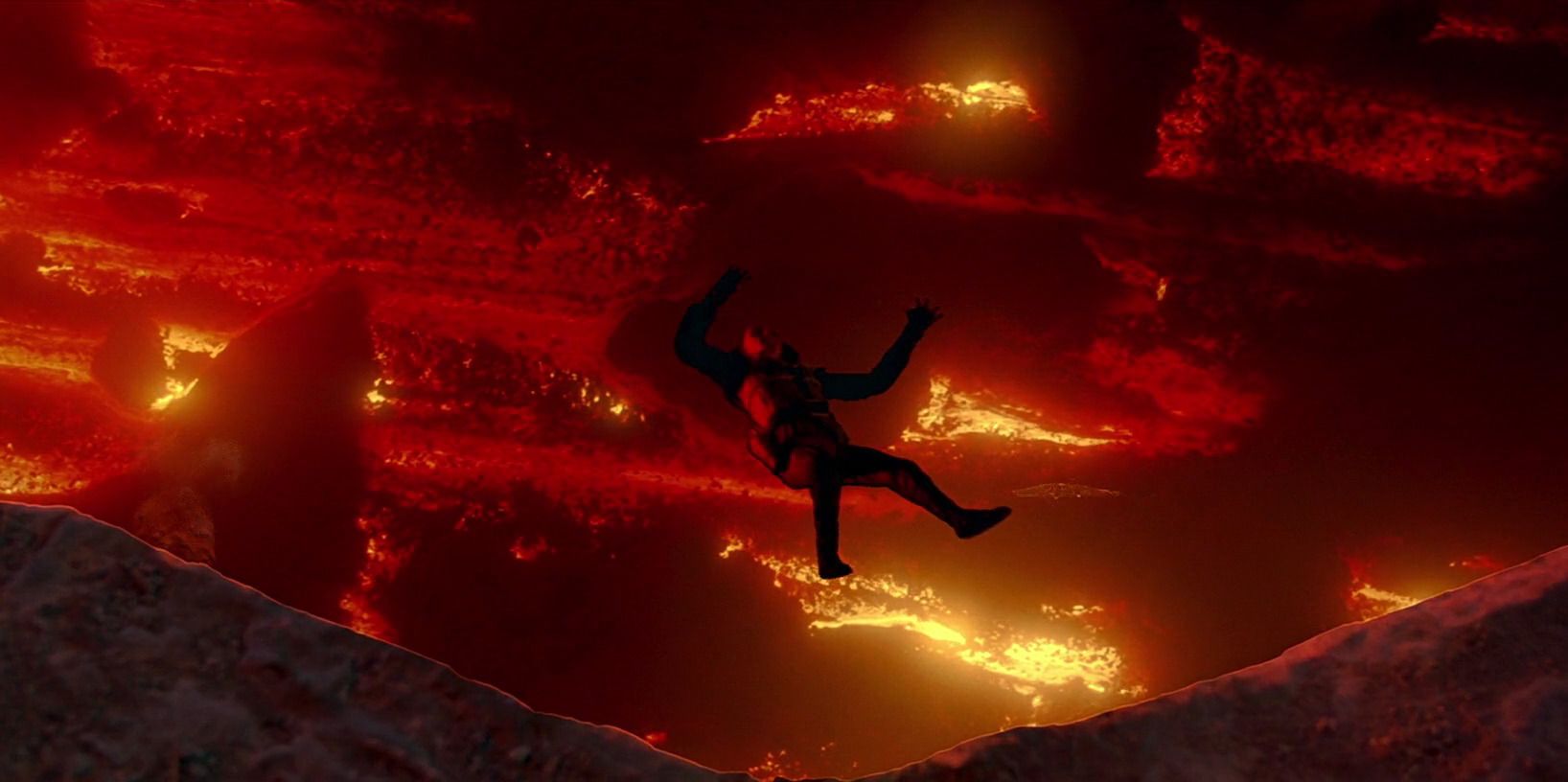
The first port of call, when discussing Search for Spock and its flaws, is almost always the visual rough edges, particularly the unfinished looking effects.
There are a number of brief but confusing moments caused by the editing in conjunction with older practical effects in the final cut of the movie, which still endure to this day. But it's the early digital effects that take most of the brunt of criticism despite a number of them actually aging quite well.
9 Isn't: A Great Villain
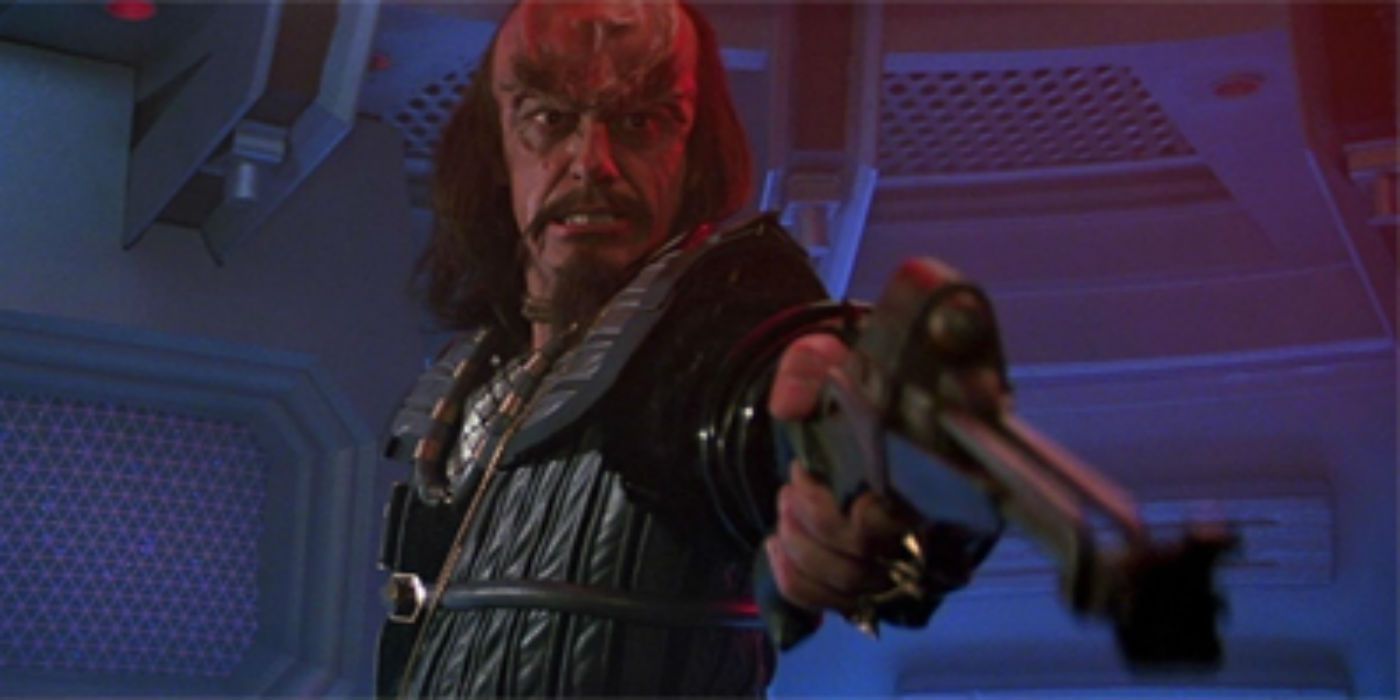
Christopher Lloyd's turn as Klingon Commander Kruge not only provided the movies with one of their best villains ever, which is something considering how universally praised Ricardo Montalban's performance as Khan from the previous movie was, but he also defined Klingon characteristics for a long time.
Kruge is by no means a complex villain but his simple brutishness makes him bluntly effective within the story in a relatively short space of time and oh so much fun to watch.
8 Is: Rehashing the Genesis Plot Line
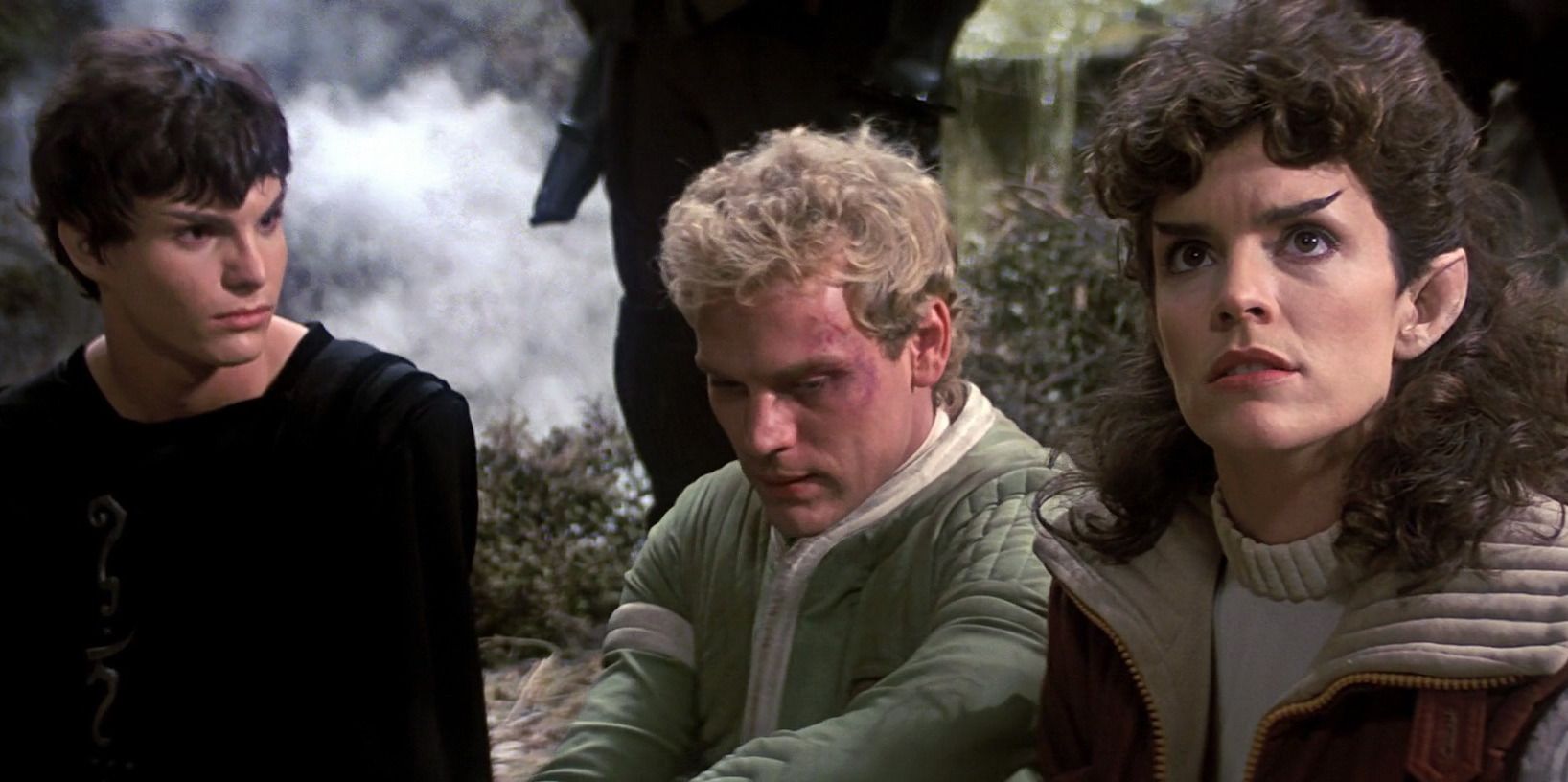
One of the slightly less welcomed returns from Wrath of Khan was the story's fixation on the Genesis device plotline.
It seemed inevitable considering that the Genesis planet is the last place that Spock is seen before the movie starts but the motivation that it gives to the plot doesn't help with the Star Trek movie franchise's wider problem of recycled footage and plot points.
7 Isn't: High Stakes

Even when discounting the Genesis plotline entirely, the stakes of Search for Spock are still astronomically high because the movie is always about its main characters and their emotional attachments to one another.
Whether Spock lives or dies means so much to Kirk, and he means so much to his crew, that the audience truly cares about the success of their mission as much as they do.
6 Is: A Rushed Story
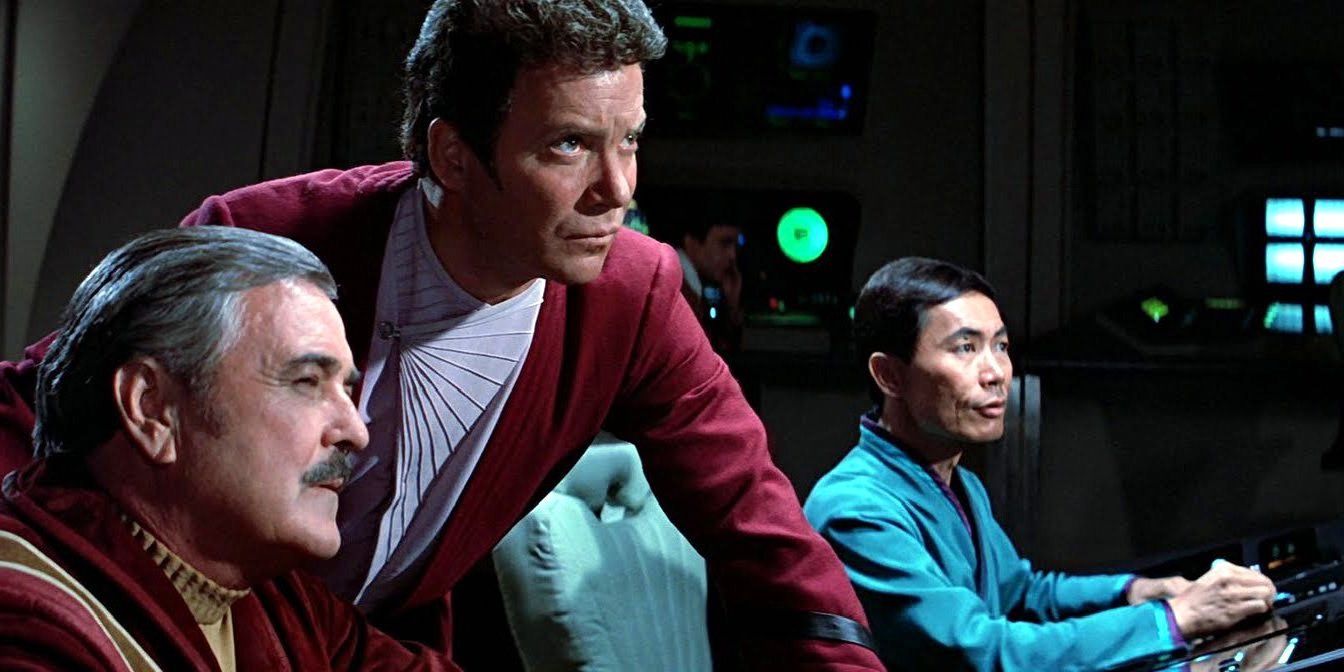
Search for Spock has a tremendous amount of narrative distance to cover and doesn't allow itself a huge amount of time to tell it. This keeps an entertaining pace but results in a number of heavy plot details feeling rushed past.
The death of Kirk's son, in particular, becomes a somewhat unsatisfyingly glossed over part of the movie despite it being of huge importance to the main character and Kirk's confrontations with Kruge, similarly, don't get a lot of time to develop into something more memorable.
5 Isn't: Character Development
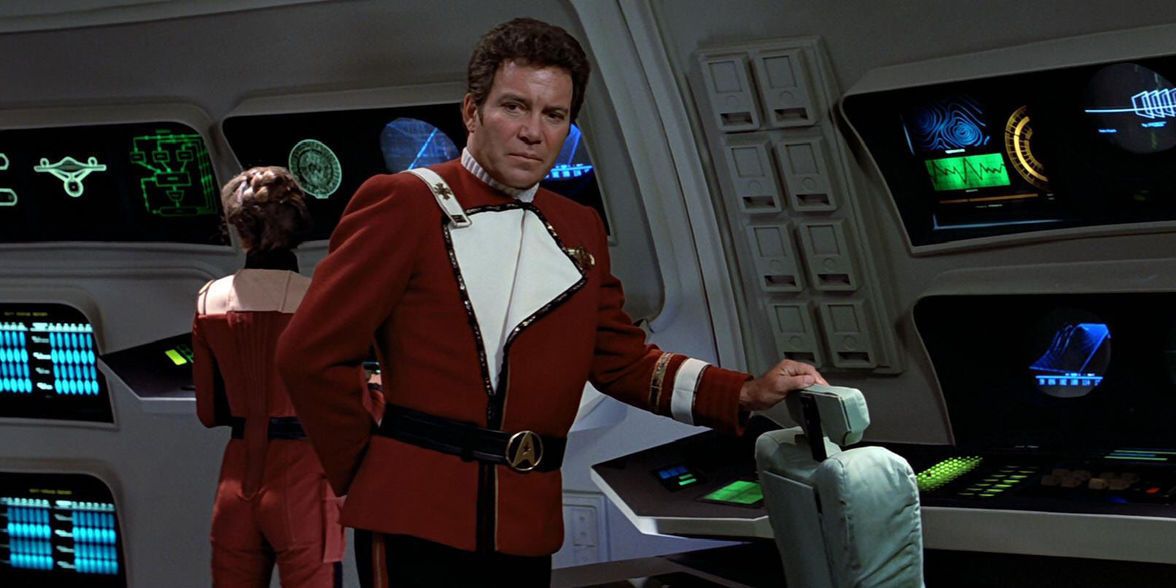
Not only are the characters fully understood by the actors playing them but they're also changed and enriched by the course of events in the story.
The inversion of Wrath of Khan's central theme, of 'the needs of the many outweighing the needs of the one' to 'the needs of the one outweighing everything else', tests and redefines the sense of duty which makes up the beating heart of its main characters.
4 Isn't: It Expands Star Trek
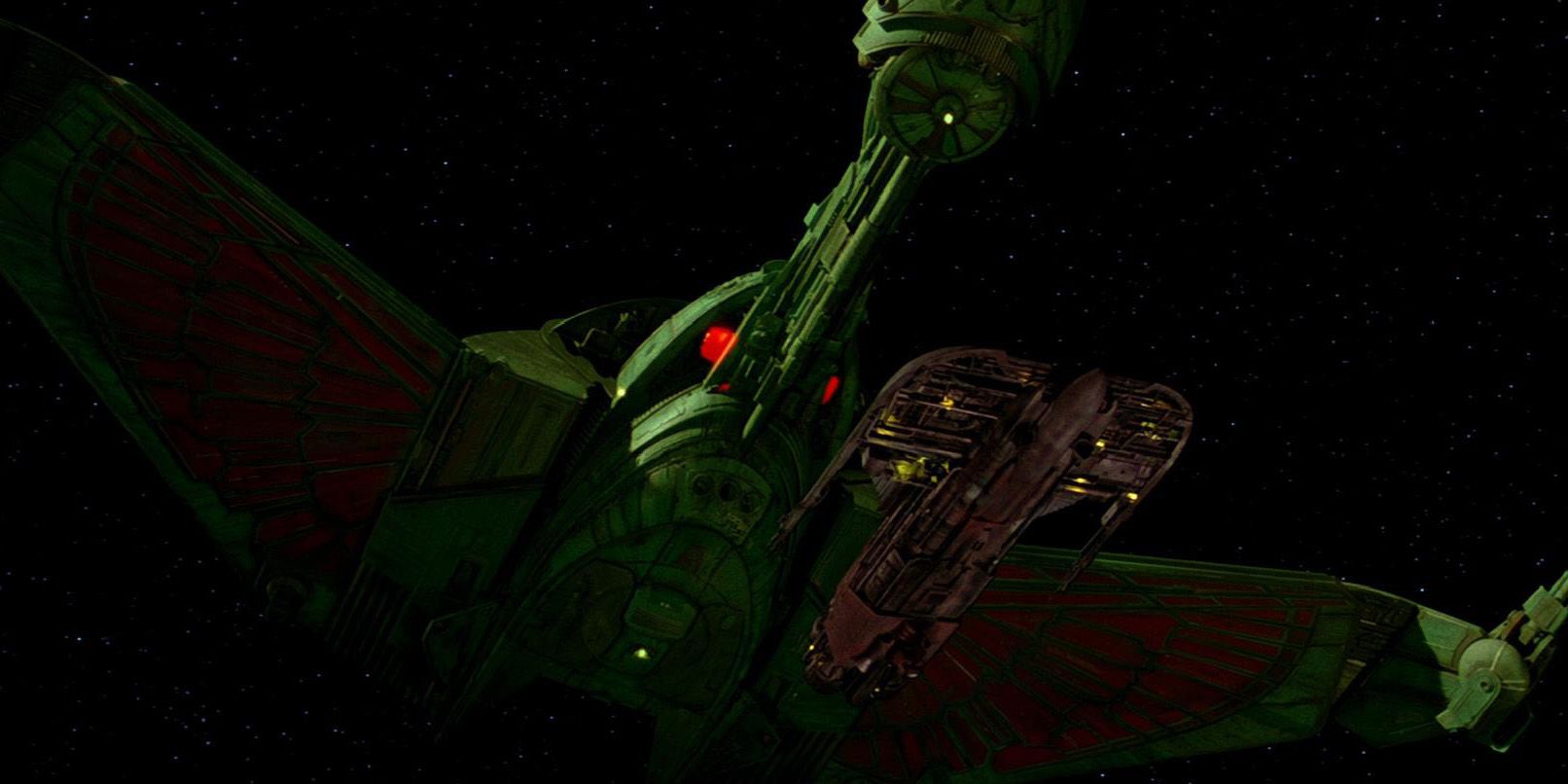
It may be difficult to put it into context now, with the overall franchise being as huge and ever-expanding as it is, but Search for Spock came out years before The Next Generation series even began and added so much to the scale of Star Trek's universe.
Major designs for the still-budding universe came into being through Search for Spock, from alien races to ships, costumes, and locations.
3 Is: It Undoes a Perfect Ending...
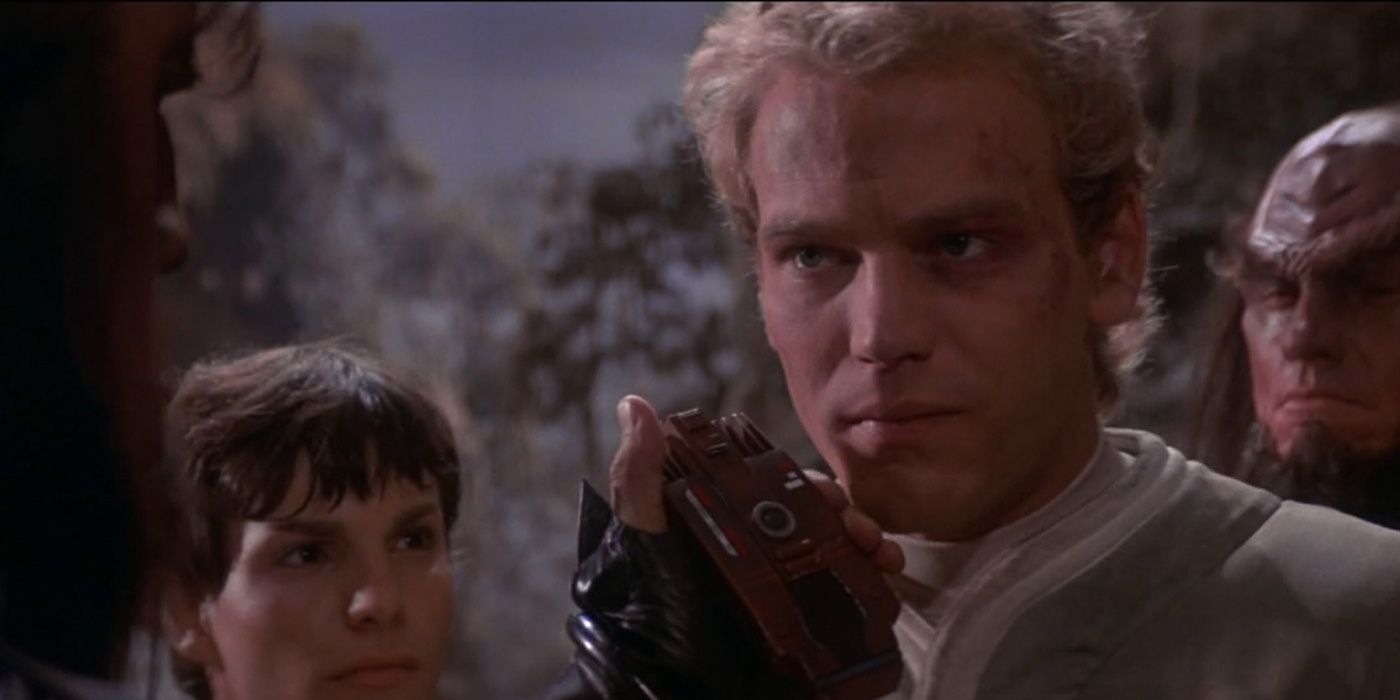
Wrath of Khan didn't just have a perfect ending because it wrapped up the story elements of the original series but because it also left what remained of them in a position to bloom into something entirely new and unknown.
That excitement at the prospect of the future, even one that fans would never get to see, is the feeling that lies at the heart of Star Trek. So, when it turned out that Wrath of Khan wasn't to be the final chapter in the Enterprise crew's story, after all, any reversal of that ending was going to seem a little less than perfect.
2 Isn't: ...and It Works
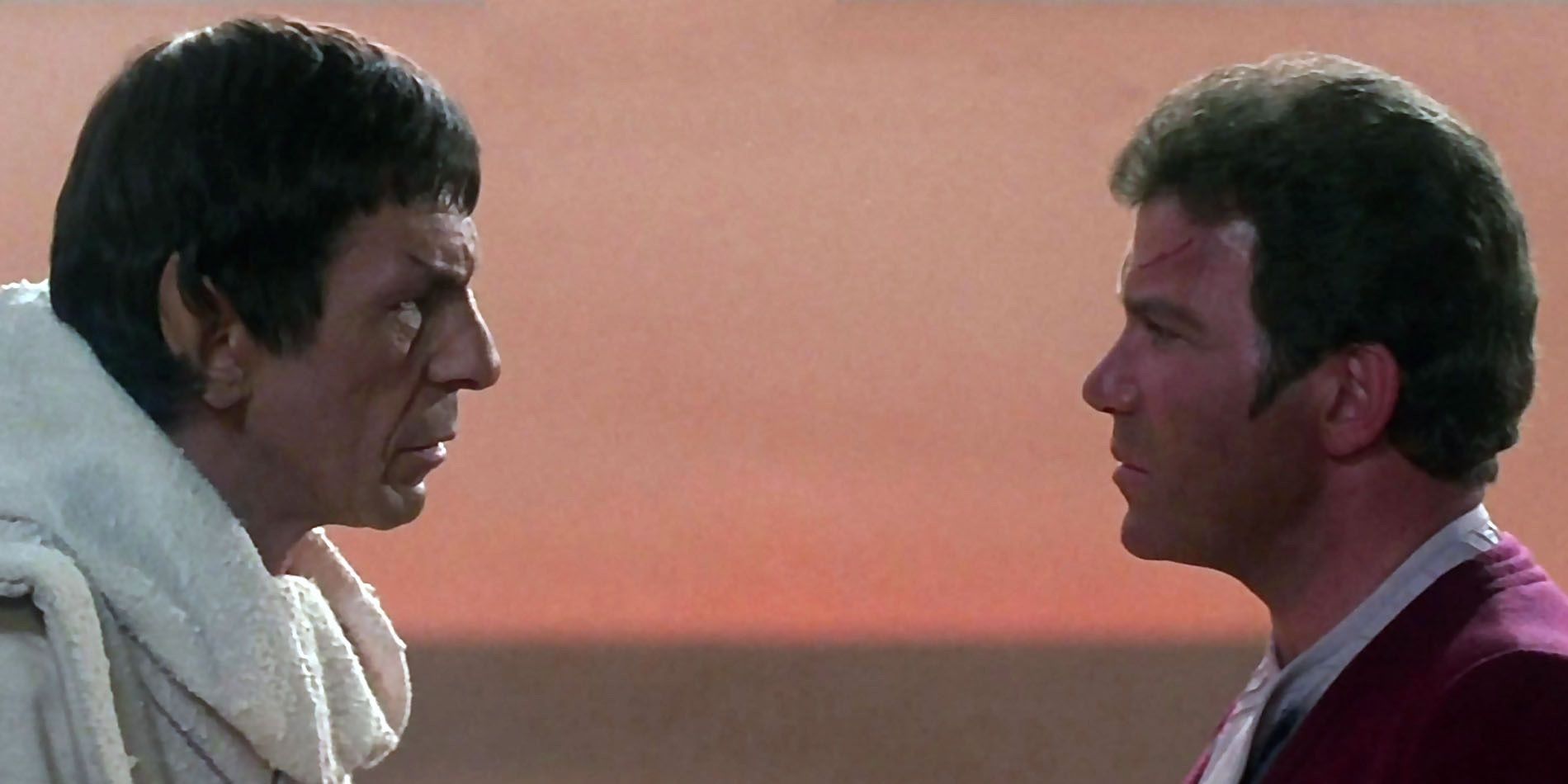
Yet, with all that immense weight hanging over it, the ending of Search for Spock does create a future for Star Trek. One which lasts to this very day.
What the characters do is illogical, and it costs them so much, but, in the end, it still feels right even if the road to get there was a little bumpy.
1 Isn't: The Music
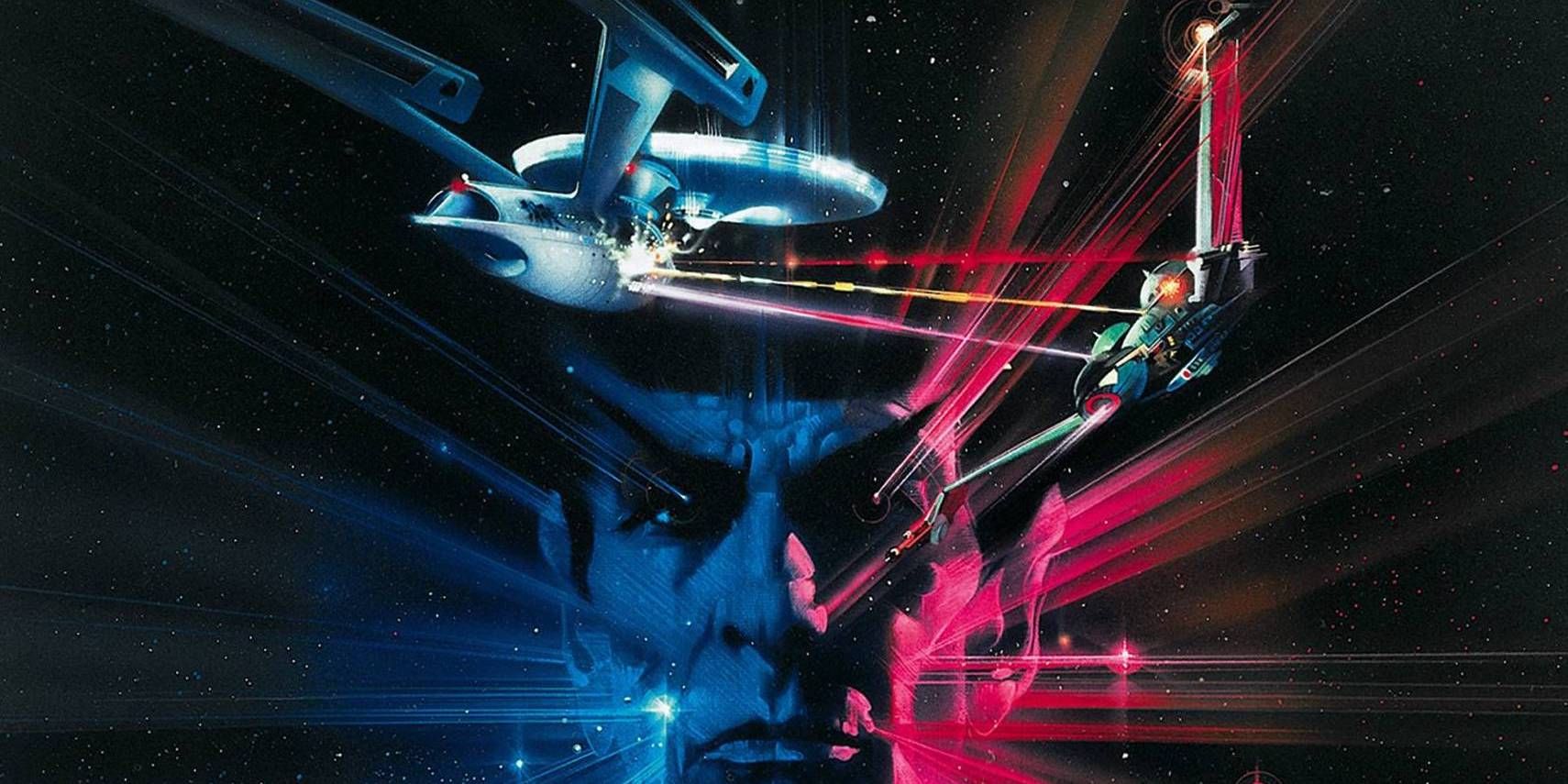
The music in Star Trek is almost always pretty wonderful to listen to but the accomplishments made by composer James Horner on the first two sequel movies are simply phenomenal.
While the score Search for Spock may be largely expansions of what he wrote for Wrath of Khan, that doesn't make them any less impressive or beautiful. Not to mention the original compositions that he creates that endure in their brilliance to this day.
from ScreenRant - Feed https://ift.tt/3eQr7IS

0 Comments